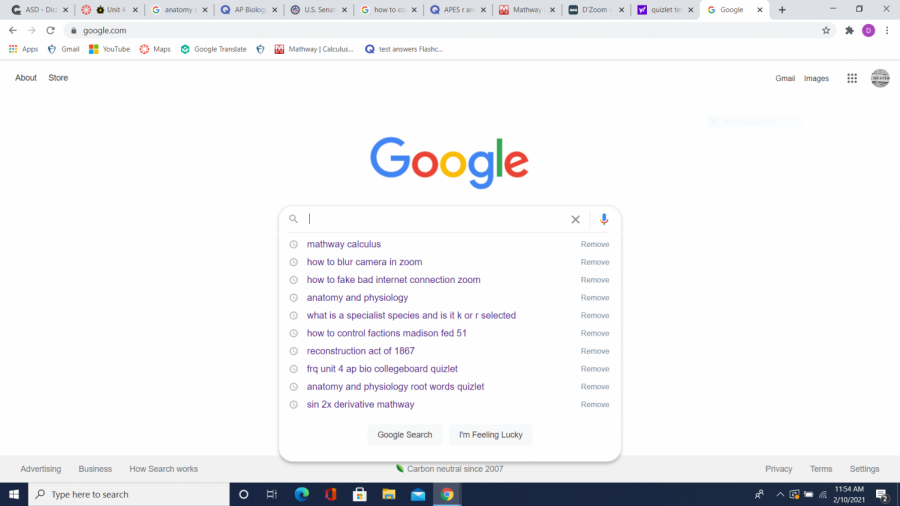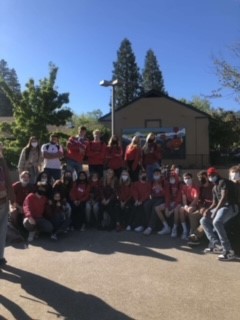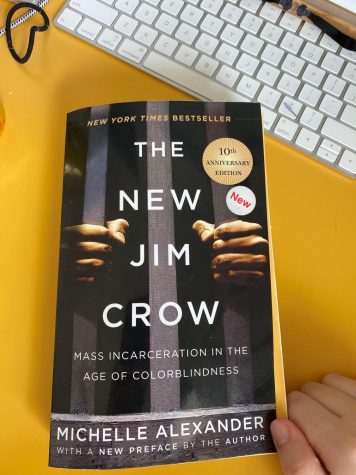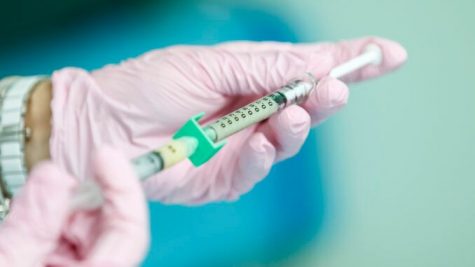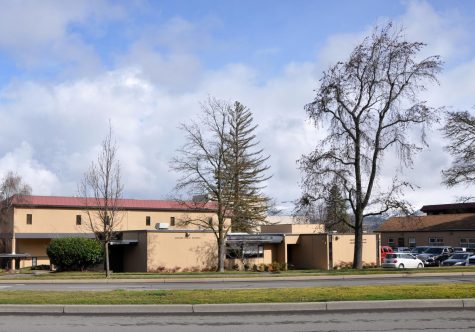Cheating Students are Thriving. Honest Students are Suffering.
Students cheat constantly during online school using Quizlet, Mathway, and various other online tools.
After a particularly grueling test in my AP science class, I was shocked to hear my teacher announce that the exam scores were great. I texted my friend in confusion and she was equally surprised. Granted, we both did perfectly fine on the test, but far from excellent. My teacher announced that she was only going to curve the test one point, since a few got perfect scores. Huh. I scoured my brain, trying to remember if I missed a lesson, or a video, or a notes sheet. I hadn’t and neither had my friend. Quite a few of my answers were simply guesses. How did everyone in the class know what a specialist species was weeks before we had reached the unit where that would be covered? I got lucky and chose worms. It didn’t make sense that many other people would’ve had the same answer.
So then I asked my friend: “Do you think people cheated?”
And without hesitating she responded, “honest answer, yes.”
A day later, in Calculus, my teacher announced that a few tests were “suspicious.” Apparently quite a few students used L’Hopital’s Rule to find the limit of a function. While that might sound like nonsense, the bottom line is that they used a concept that we hadn’t learned to solve a math problem. And as anyone who’s taken advanced math knows, you can’t just “guess” a theorem. The students looked up the question.
Those are just a few of the suspicious incidents that have occurred during online school. Isn’t it strange how students “can’t turn their camera on” on a test day? Isn’t it weird that test scores aren’t severely suffering during a pandemic? Absolutely.
As I scrolled through my contacts, I asked many of my friends a question: Do you think that people are cheating?
Two friends admitted to cheating.
One friend told me that she could name a few people with confidence who’ve been cheating and had suspicions about others.
One friend agreed that many people are probably cheating, since it’s much easier to cheat from home.
One friend said that she believed that many people are cheating.
Another friend didn’t give me a definitive answer, but implied that many people cheating was a possibility.
And that was before I was in a few… enlightening… breakout rooms.
In English, our teacher asked us what we were enjoying about online school. So we went into breakout rooms and the first person to respond proudly said: “I have my best grades in a long time because I’ve been cheating! I’m such a cheater!” And three others nodded in agreement. In my math breakout room, another student attributed their many “A’s” to cheating. I was astounded. But not because of the cheating. Because they admitted to it without shame. And that signifies a bigger issue, that students are not afraid of cheating. They are not afraid of “snitches.” They are not afraid of disciplinary action. They are not afraid of judgement. They are not afraid of repercussions regarding cheating. Because in a sense, there aren’t any.
The truth is that “cheating” is much more complex than it seems. Is asking friends what the answers are on a quiz cheating? Is researching a question on a test cheating? Is using the textbook on a test cheating? Is using notes on a test cheating?
It’s very nuanced. If any of the above are cheating, then, I have been given explicit permission by my teachers to “cheat.”
In fact after two quizzes (in different classes), two students admitted to using the textbook during the quiz to the whole class. Neither of the teachers blinked. Even though we were told not to use the textbook at all for those quizzes. This was frustrating considering that I didn’t use my textbook and could have benefitted from using it on the quiz,
So that left me questioning, was it really cheating if no one cared? Doesn’t that put honest students at a disadvantage?
Truthfully, the only punishment for cheating right now is a guilty conscience, which, if applied to stressed teenagers, is barely a punishment at all. What IS a punishment is getting grounded, getting your phone taken away, and getting constantly berated by your parents after a failing grade. A guilty conscience cannot compete with that in the adolescent brain.
Unfortunately, the test curve is completely wrecked by cheating which affects those who studied. And cheating also prevents teachers from getting accurate feedback on their teaching.
It’s incredibly easy to cheat these days. I can think of at least ten different ways that someone could cheat at any given time.
While people can, and do cheat during in-person school, it’s a hundred times harder. Online, no teacher can see if your phone, calculator, textbook, or notes are beside you. In-person, it would be near impossible to look up answers on a phone under the watch of a teacher. And because it’s so much easier to cheat online, the number of students who participate in academic dishonesty has increased significantly. Especially on multiple-choice exams.
Having students turn their camera on is just a placebo for worried teachers. Personally, I’ve played 8-ball with my friend online, crocheted a blanket, had my large 11-pound cat on my lap, made French toast, and worn penguin pajama pants, all with my camera on and no one has said anything. Not to mention that, in general, students are constantly texting during class. Granted, it could be about the class material, but either way it’s flying under the radar.
I’m not sure that there is a solution to the wave of cheating at AHS while we are still learning online. Lockdown browsers don’t account for students having phones nearby, honesty statements are contradictory, and heightened punishments for cheating aren’t enforceable.
While cheating may carry students through online school, it will be nightmarish when they return to in-person school. They’re screwed when they can’t use SnapMath on those difficult math problems, reference the internet for vocab, and find the answers to an entire test on a Quizlet.
When cheating students return to in-person school clueless…they won’t find a sympathetic audience in many of their peers or teachers. It’s in every student’s best interest to study for academic, moral, and social reasons.

